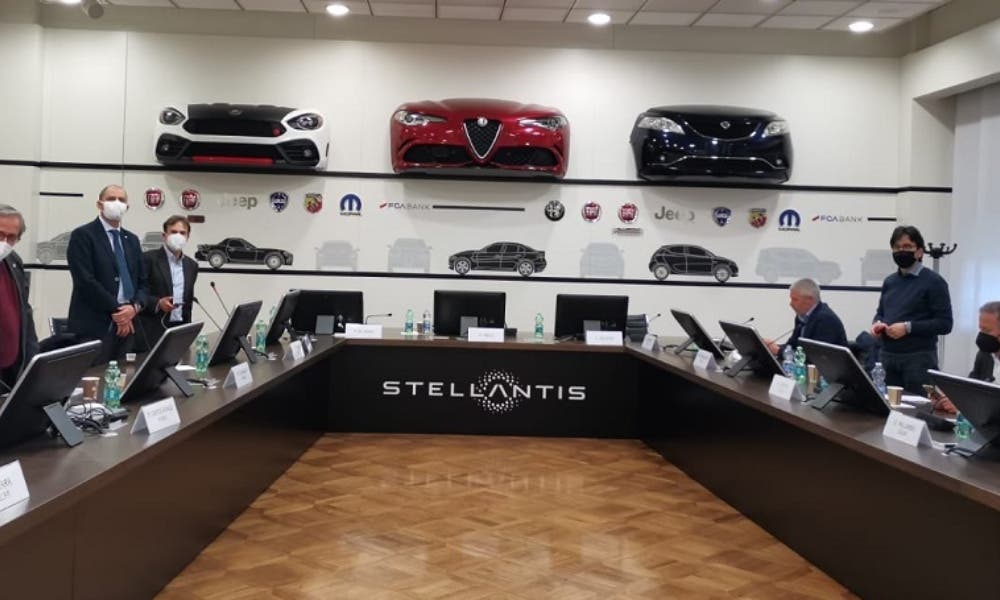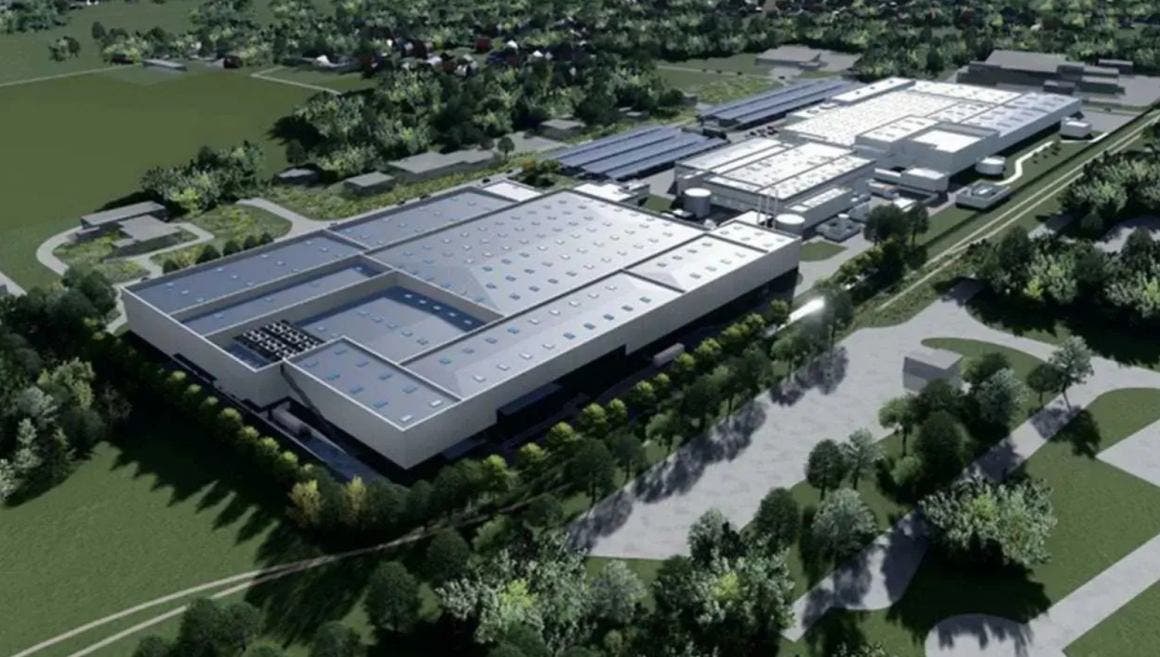The Termoli Gigafactory, set to produce batteries for electric cars in Italy, hangs in the balance. The joint venture between Stellantis, Mercedes-Benz and TotalEnergies (ACC) has announced that it is suspending the project until the end of 2024, causing concern among unions and uncertainty about the future of the initiative.
Gigafactory Termoli: stop to project, hanging future and labor tensions
The Gigafactory in Termoli is currently a real project in the balance. In fact, the large plant intended to produce batteries for electric cars in Italy is now facing a phase of uncertainty. The announcement made public by ACC (a joint venture between Stellantis, Mercedes-Benz and TotalEnergies) of a suspension of the project until the end of this year, has provoked a harsh reaction from the unions and kicked off doubts about the future of the initiative.
But what are ACC’s real motivations? The suspension was justified by those involved with two main factors. On the one hand, there has been a lot of talk about the slowdown in demand for electric vehicles, which is going through a global adjustment. On the other, the need for battery technology upgrades was also emphasized. These are quite important components to achieve project success.
Obviously, the situation has created various alarmisms among labor unions who have come forward very concerned about the issue. ACC’s decision has raised significant concerns among the unions, who now fear for the fate of jobs and the very future of the Termoli site. To make matters worse, they add the nearly 400 million euros in public incentives granted to the project. These are all factors that further fuel their anxieties, prompting them to strongly demand clarity and concrete guarantees.
Really important things are now being asked for clarity and concrete action. Fim, Fiom, Uilm, Fismic, Uglm and Aqcfr, are the unions involved and are asking the government to intervene to bring clarity to the situation. They are also being asked to urge ACC to present a detailed plan for the future of the Gigafactory as soon as possible. Another point touched upon by the unions is to ask Stellantis to assume its responsibilities, specifying in detail which engines will be produced in Termoli and for how long, keeping aside reassurances that do not reassure people.

As for the European continent, there are currently two situations running at different speeds. The one in Termoli at the moment stands in sharp contrast to that of the other two battery factories in Europe, which are located in Douvrin (France) and Kaiserslautern (Germany). Both plants are proceeding with great determination in the project and are already in operation or about to be in operation. In contrast, the one in Termoli is at a rather worrying standstill.
A new meeting between the parties has now been scheduled for next September. Although the unions are pinning their hopes on concrete actions by the government and Stellantis well before that date. Termoli’s Gigafactory’s future appears uncertain and needs serious commitment from all the actors involved to avert the project’s ultimate questioning.

